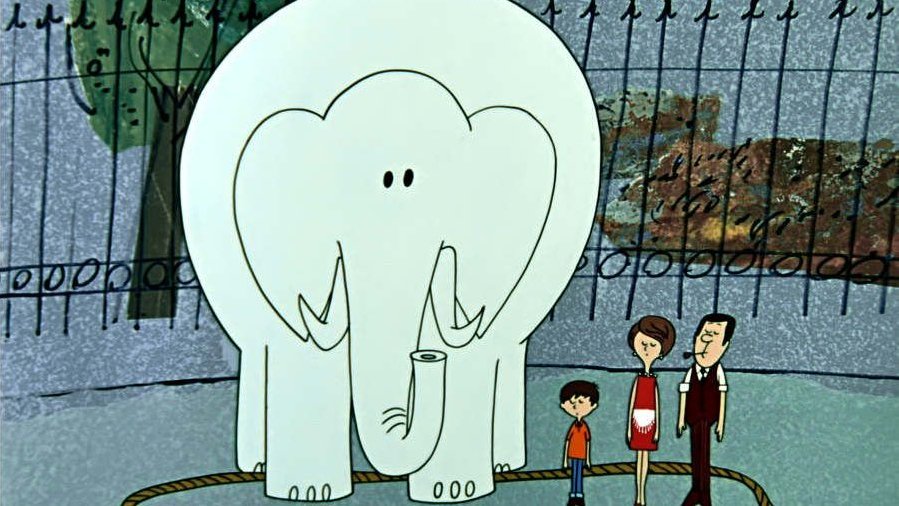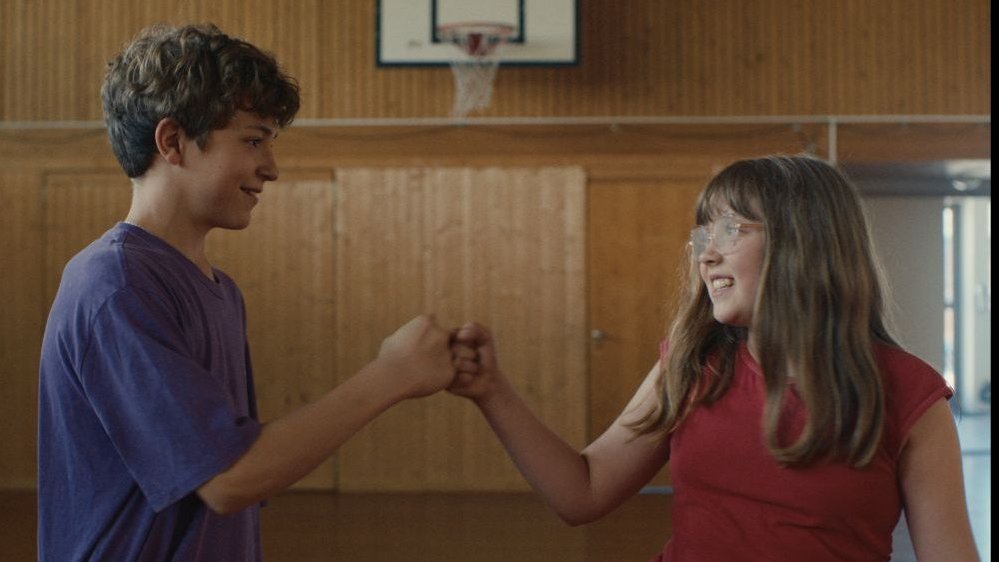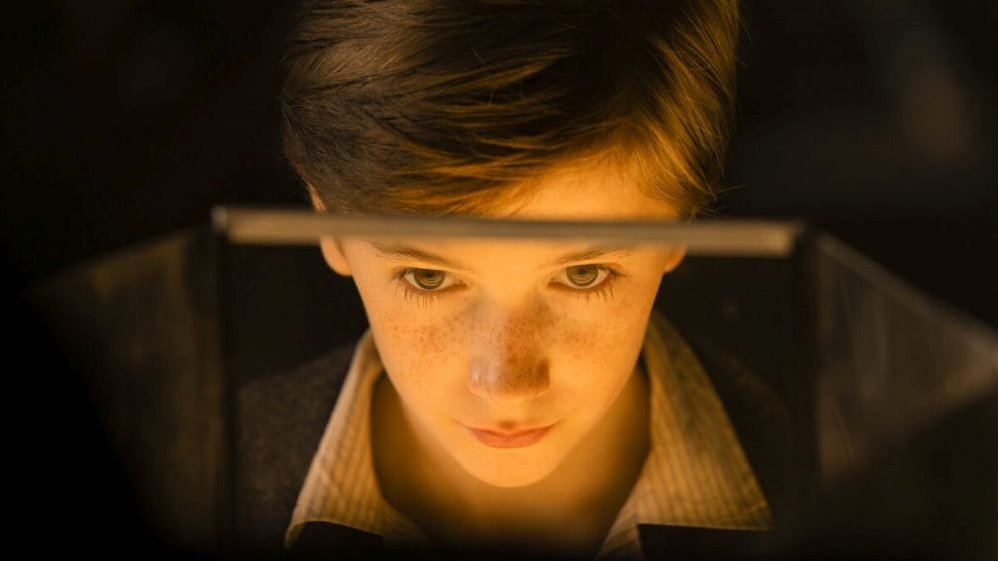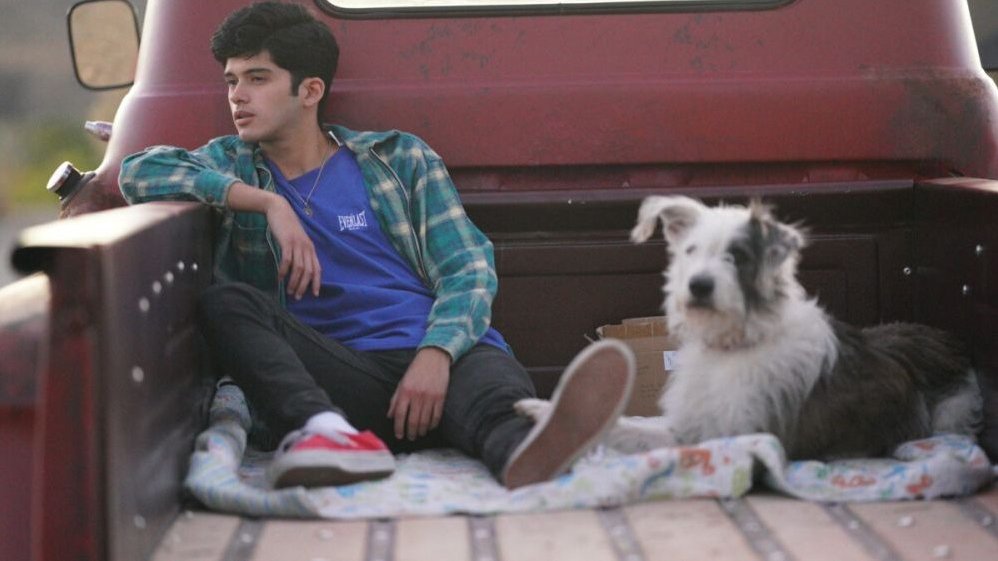The young sixty-year-old
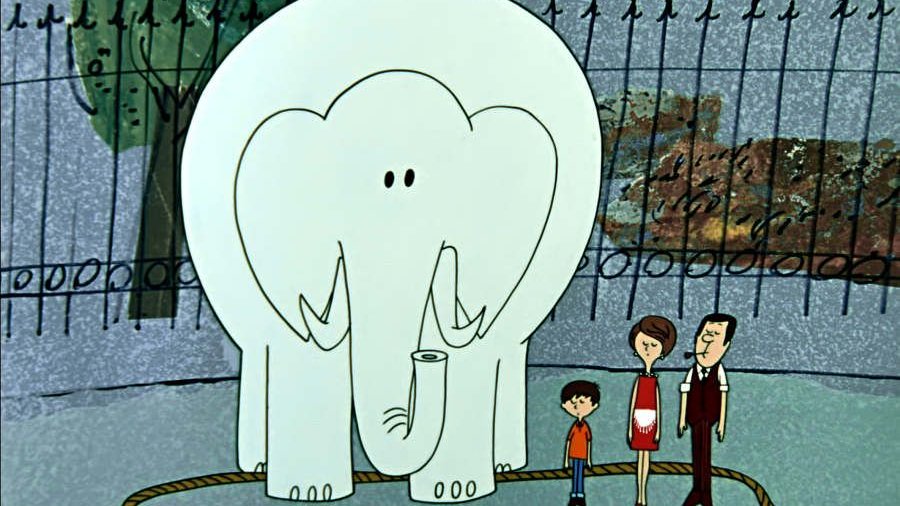
Ale Kino! traces its origins to 1963 when it commenced as a biennial review of Polish films. This history accounts for the numerical discrepancy between its editions and the years in existence. In 1994, Ale Kino! went international and adopted its current name. Its 60th anniversary this year offers an opportune moment for reminiscence. During the opening gala, the festival will honour artists who have received multiple distinctions in past festival competitions. Additionally, a journey down the memory lane will be facilitated through a screening, the details of which, including the movie title and the screening venue, will only be unveiled at the last minute. The organisers assure that the film chosen will be among their all-time favourites from the festival.
Yet, Ale Kino! is not only about its history but also, and above all, about exploring the cinematic landscape that resonates with today's youth. This principle is reflected on the silver screen. "Cinema for young viewers holds up a mirror to contemporary society. We seek out films that address current issues while retaining the entertainment value", affirms Marta Jodko, the festival coordinator. The programme includes films that are anti-war or that tackle topics such as body-positivity, and environmental awareness. Addressing such themes in a manner that is neither condescending nor violent and aligns with children's sensitivities is a formidable task. Especially that what audiences need most in this age of myriad crises is hope. "People feel insecure. Studies show that the times we live in are challenging not only for adults but also for children and adolescents. Since last year, we have strived to select films that inspire hope. Happy endings are not a must; we seek films that don't shy away from serious and significant subjects while leaving the audience with a sense of meaning and the belief that there is always a way out of predicaments", explains Marta Jodko.
Feminist ideals have also found their way into children's cinema. After years in which female characters and female directors were disproportionately scarce in films, they have reclaimed their prominence on the big screen to the extent that, as observed by the organisers, it has become harder to find a quality film with boy characters than with girl ones. This goes to show that, for instance, this year's "Ale Kino! With a Football" section, cherished by the festival's Artistic Director Jerzy Moszkowicz, will - for the first time ever - exclusively showcase football productions featuring girl protagonists. Such films have proven to be the most compelling when it this category. "We recognise the importance of diverse representation. We strive to maintain gender balance and show films from various corners of the world that depict diverse families. The films we feature portray families that may be whole, broken, blended, conflicted, or supportive," explains Marta Jodko.
The central theme of the British comedy-drama Scrapper, directed by Charlotte Regan, is a family plagued by problems and a budding relationship between a daughter and her father. The organisers rank the motion picture as one of the best productions of the year. Scrapper will be featured in the full-length children's film competition as part of a programme featuring numerous Ale Kino! premieres. These films have previously appeared in Europe's largest festivals in Berlin, Venice, Cannes, and Annecy. Many of these productions remain exclusive to the festival circuit and have limited chances of making it to mainstream cinemas or streaming platforms. At Ale Kino!, they will compete for the prestigious Golden Goats awards in four categories, celebrating the best in short and full-length films for children and youth.
In the feature film competition, two Polish productions have earned acceptance. While Polish cinema enjoyed early success at the festival, it gradually distanced itself from young audiences. As a result of this growing disconnect, the separate Polish film competition was abandoned in the early 2000s. "The discontinuation of the Polish Competition was attributed to the lack of new Polish films being produced. Fortunately, this trend is now reversing. This year, alongside five short films, we will showcase four new Polish feature productions: Kaytek the Wizard, The Traveling Dog, The Delegation, and Girls' Stories, marking the first Polish feature-length documentary intended for young audiences in many years," explains Marta Jodko.
Over the course of six decades, Ale kino! has helped boost interest in young audience cinema. However, beyond its educational and promotional roles, the festival recognises the need for rigorous film critique. According to the organisers, the discourse surrounding the critique of children's film in Poland leaves room for improvement, with a vast majority of reviewers employing tools and criteria borrowed directly from film assessments indented for mature audiences. Consequently, a number of experts have been brought in this year's to collectively delve into the question of whether cinema for young audiences constitutes a distinct genre and what the unique perspective is required to evaluate it.
The interview with Marta Jodko underscores that the organisers of children's and teenager film festivals are grappling with such questions. "Our belief, supported by research into young audience preferences, is that there is no universal recipe for a successful film for young viewers. Just as adults vary in their individual tastes for movies, every child and teenager has distinct preferences. Regardless of age, we are all consumers of culture. Hence, we aim to provide accurate film portrayals so that everyone can see what best resonates with them.
Magdalena Chomczyk
translation: Krzysztof Kotkowski
- Ale kino! International Young Audience Film Festival
- Zamek (Castle) Cultural Centre, Scena Wspólna (Shared Stage), Multikino 51, 26/11-3/12
Foreign films intended for viewers up to 11 years of age are presented with voiceovers, while those designed for viewers aged 12 and older feature Polish subtitles.
© Wydawnictwo Miejskie Posnania 2023
See more

From One Celebration to Another

Christmas Markets and Fairs with Attractions

Truly Festive Vibes

